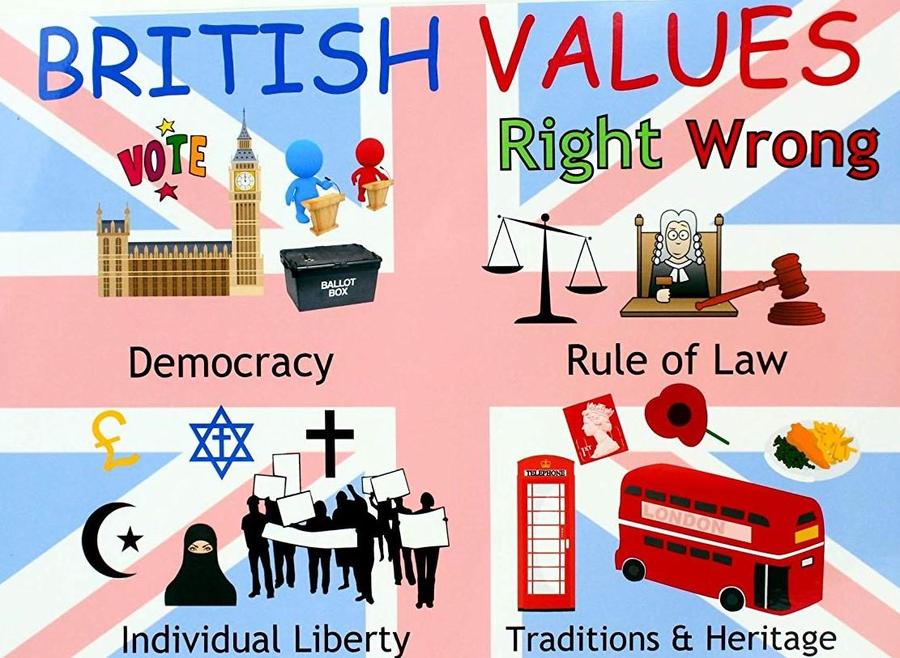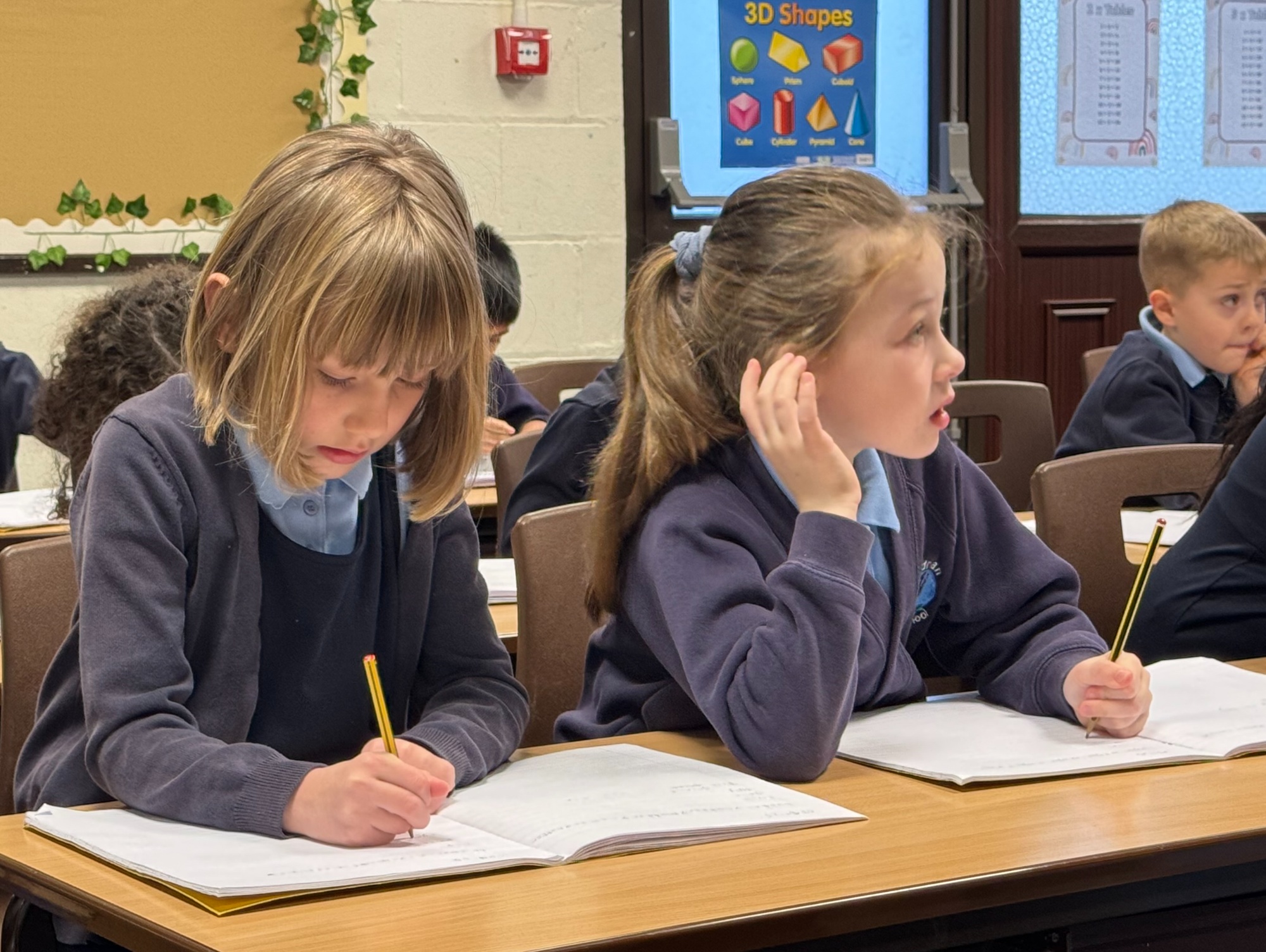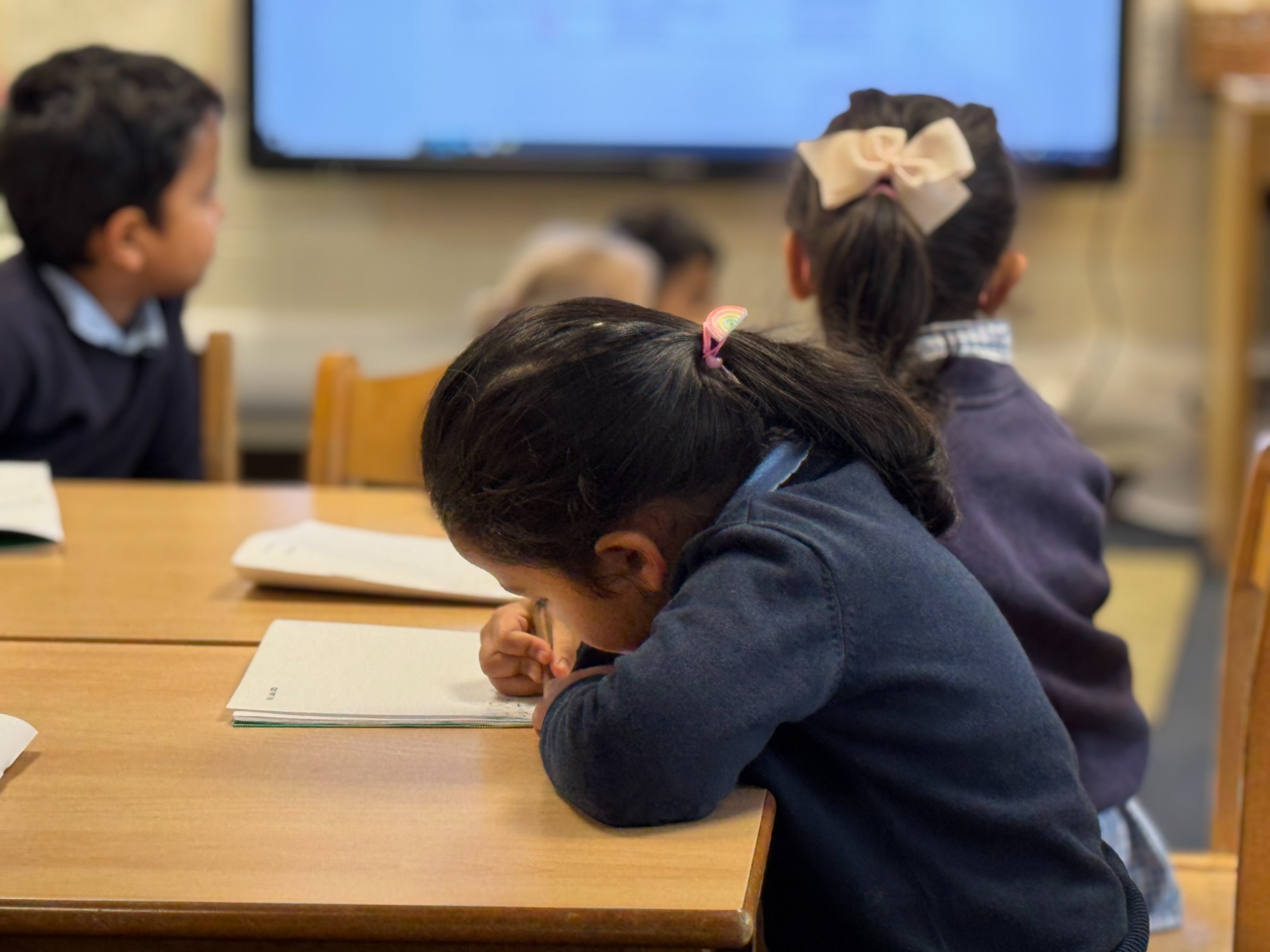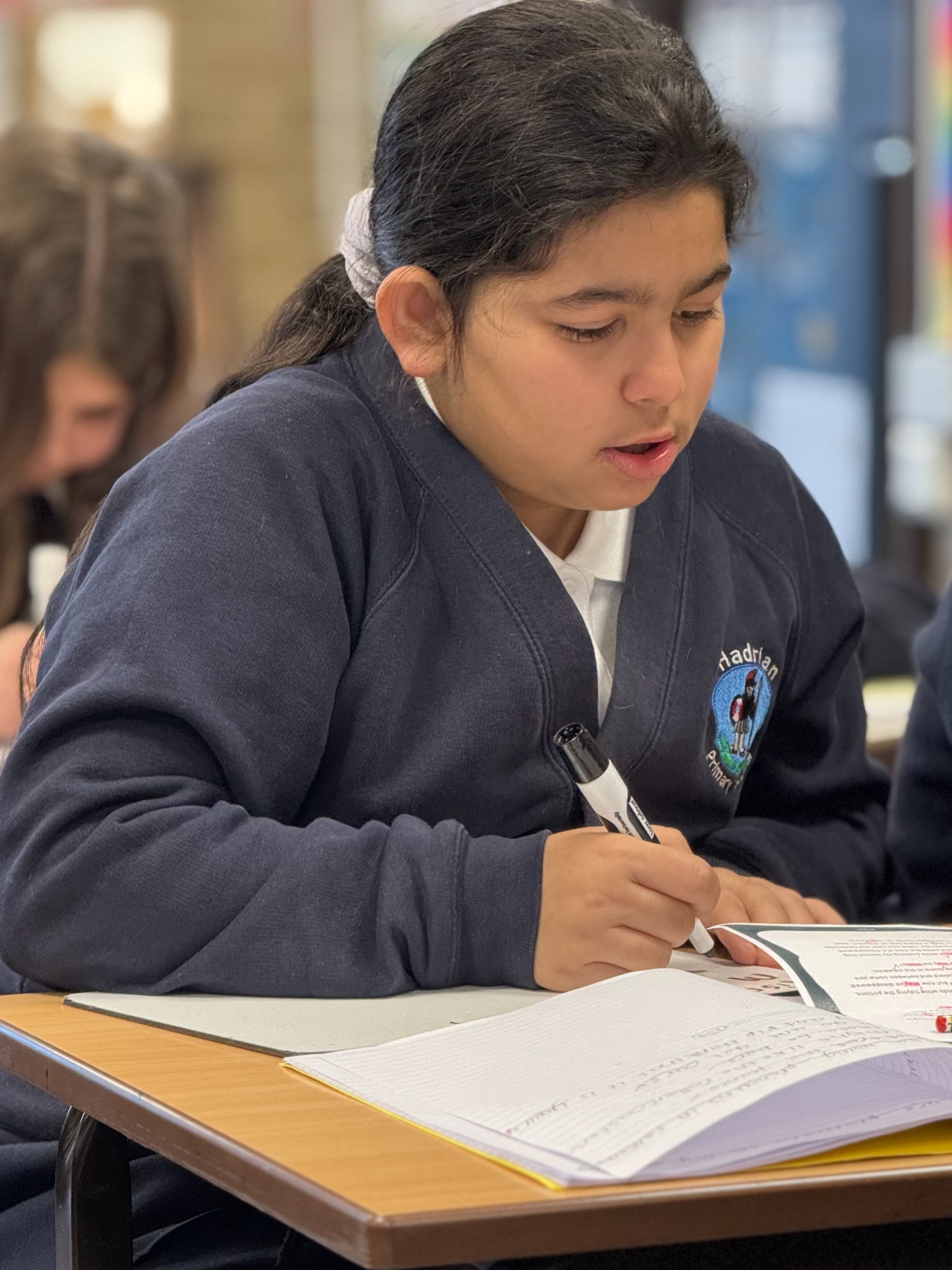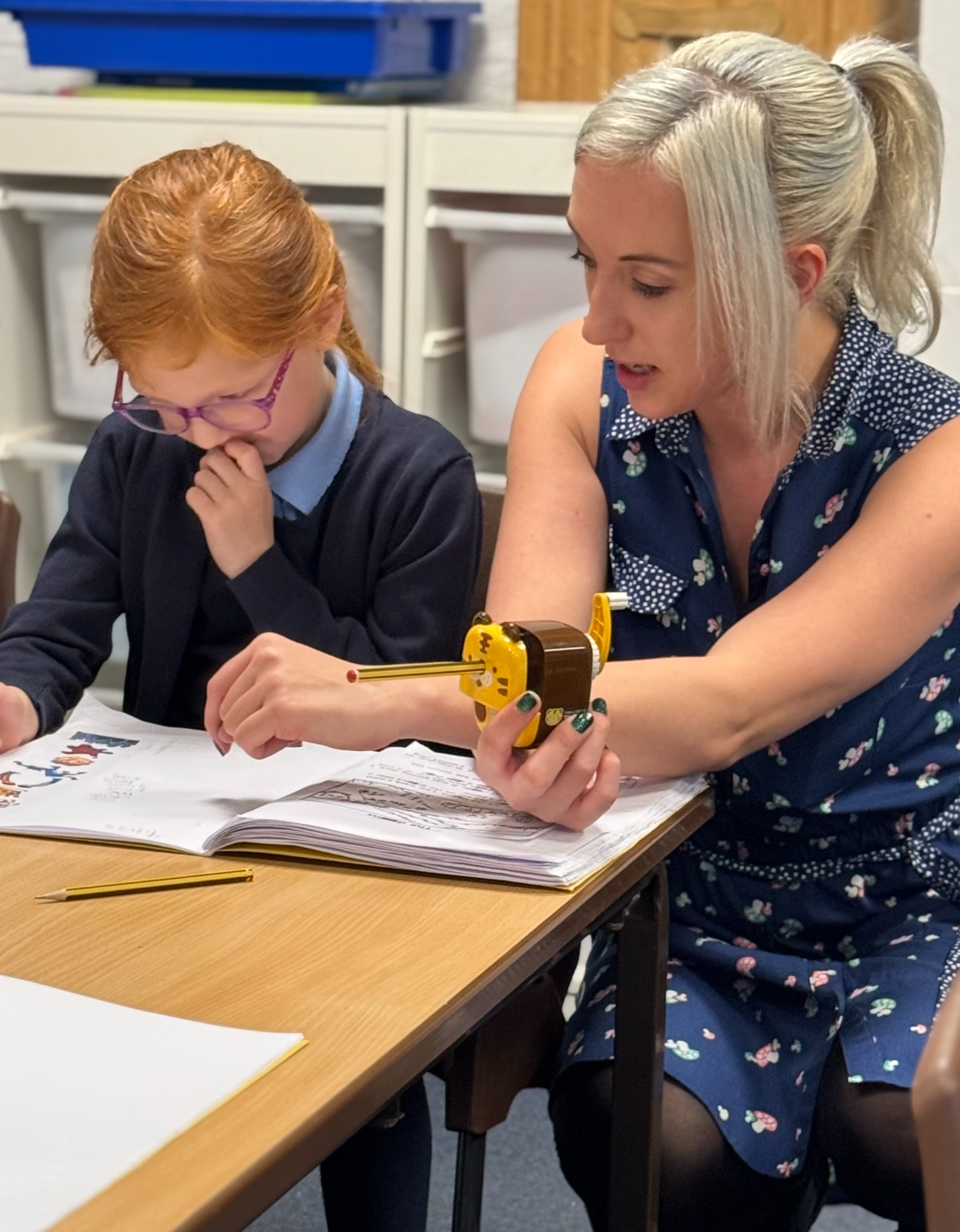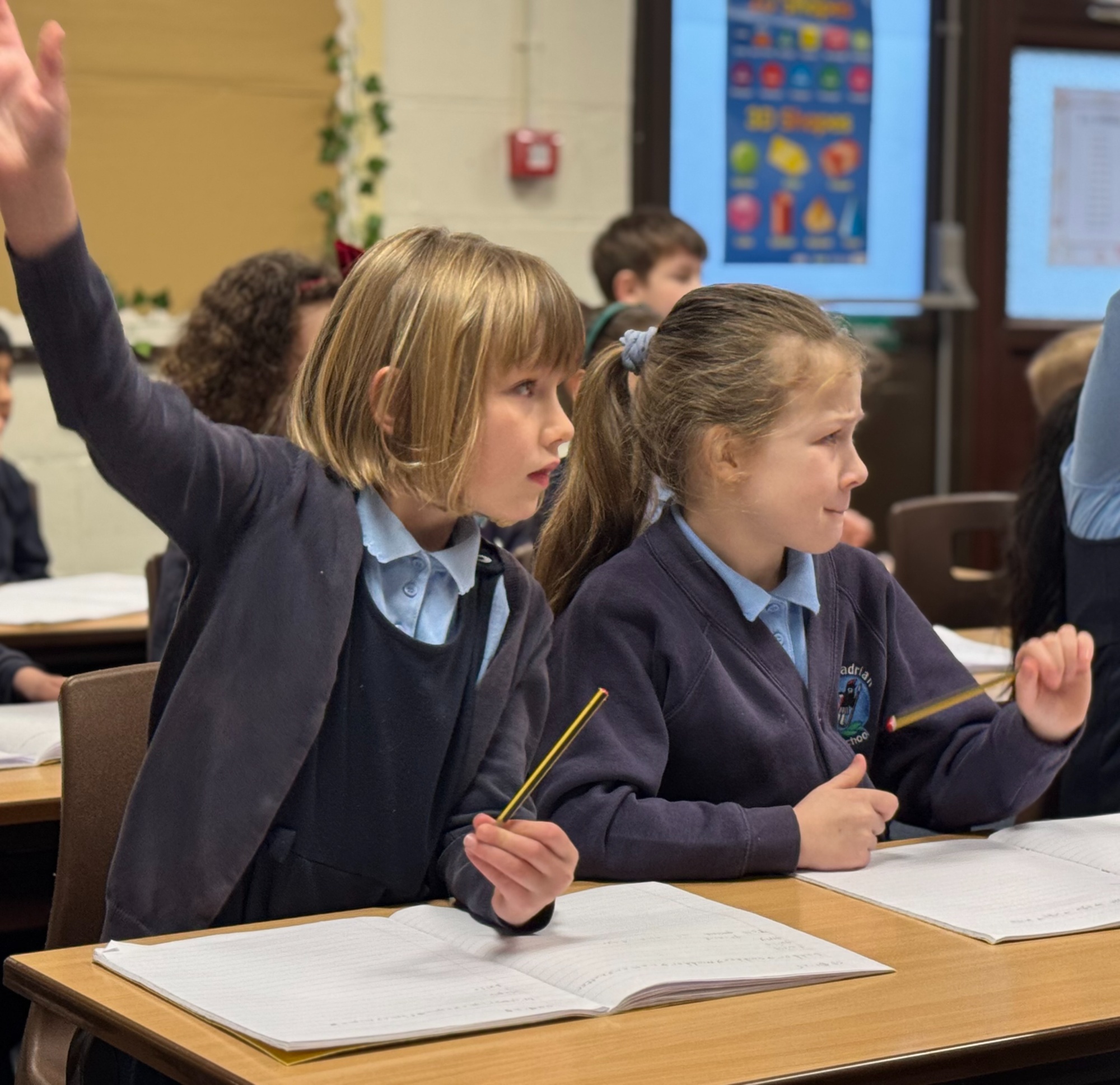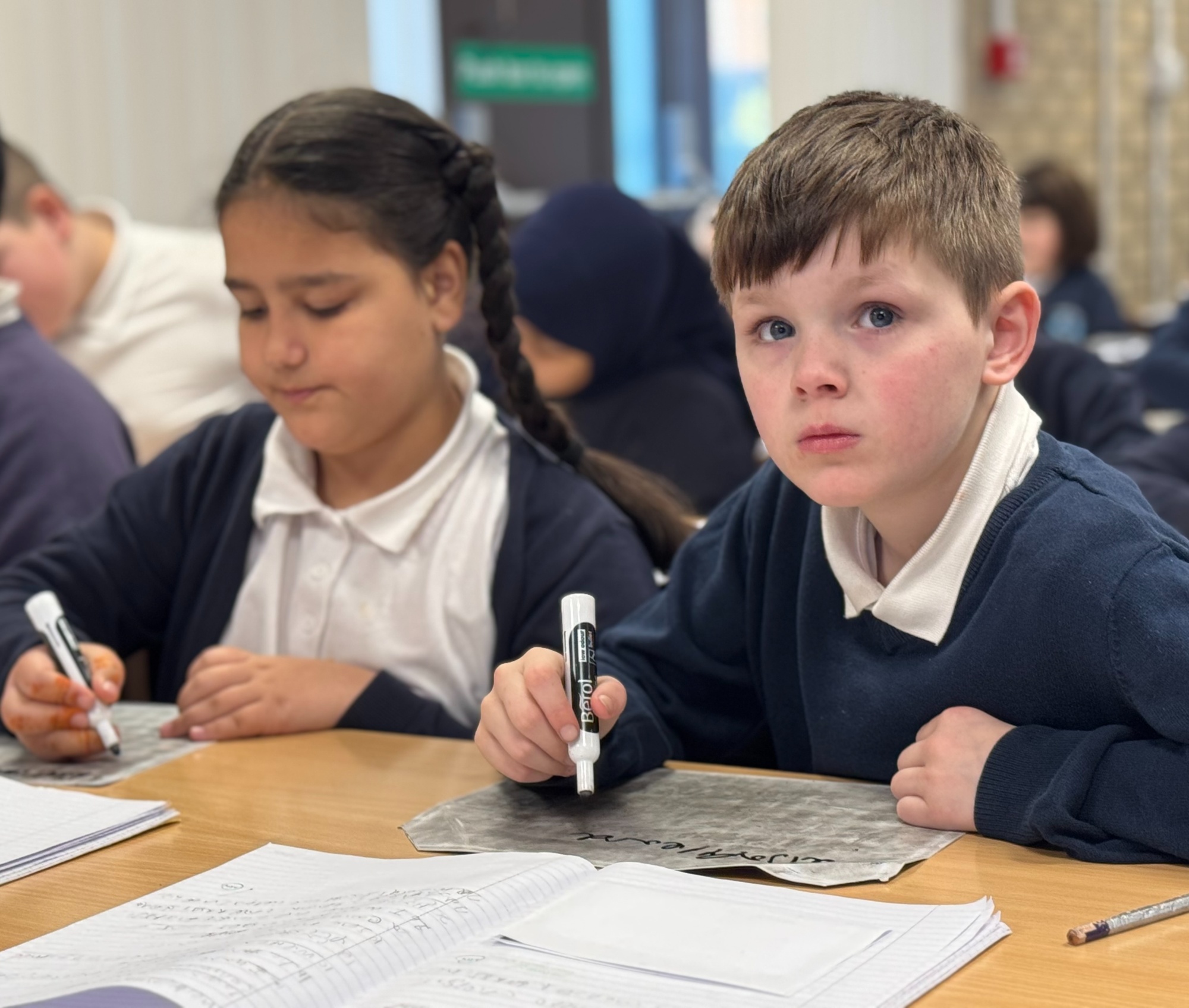British Values Statement
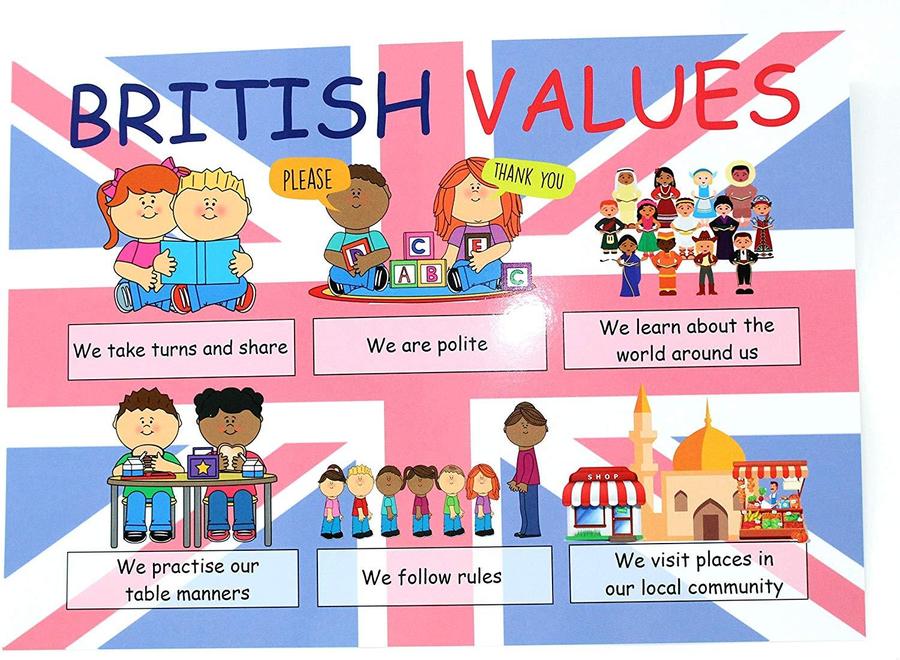
Promoting British Values at Hadrian Primary School
At Hadrian Primary School we take very seriously our responsibility to prepare children for life in modern Britain. We ensure that the fundamental British Values are introduced, discussed and lived out through the ethos and work of the school. All curriculum areas provide a vehicle for furthering understanding of these concepts and, in particular, our RE, PSHE and Citizenship lessons provide excellent opportunities to deepen and develop understanding. Children embrace these concepts with enthusiasm and demonstrate a good understanding of their application to their own lives.
The school makes considerable efforts to ensure children have exposure to a wide experience beyond their local community during which these concepts are shown, through for example, sporting events, a range of visits and use of outdoor education centres. Their strong rooted values-based understanding gives them an excellent platform for embracing difference.
Our British Values:
Democracy
- Provide pupils with a broad general knowledge of, and promote respect for, public institutions and services
- Teach pupils how they can influence decision making through the democratic process
- Include in the curriculum information on the advantages and disadvantages of democracy and how it works in Britain
- Help pupils to express their views and encourage pupils to become involved in decision making processes and ensure they are listened to in school
- Hold ‘mock elections’ so pupils learn how to argue and defend points of view
- Teach pupils how public services operate and how they are held to account
- Model how perceived injustice can be peacefully challenged
Democracy – what do we do at Hadrian Primary School?
- Democracy is shown through history topics such as the Ancient Greeks
- Circle Time and discussion groups
- Choosing our school council representatives
- PSHE class assemblies
- Pupil Voice during lessons
- Displays around the school
- Elections for house captains in school
Rule of law
- Ensure school rules and expectations are clear and fair
- Help pupils to distinguish right from wrong
- Help pupils to respect the law and the basis on which it is made
- Help pupils to understand that living under the rule of law protects individuals
- Include visits from the police in the curriculum
- Teach pupils aspects of both civil and criminal law and discuss how this might differ from some religious laws
- Develop restorative justice approaches to resolve conflicts
Rule of Law – what do we do at Hadrian Primary School?
- Children come up with their own class rules
- Talks from community police
- Our behaviour management systems allows children to have control of their own behaviour choices, rewards and sanctions
- Whole school and class assemblies
- Displays around the school
Individual liberty
- Support pupils to develop their self-knowledge, self-esteem and self-confidence
- Encourage pupils to take responsibility for their behaviour, as well as knowing their rights
- Model freedom of speech through pupil participation, while ensuring protection of vulnerable pupils and promoting critical analysis of evidence
- Challenge stereotypes
- Implement a strong anti-bullying culture
Individual liberty – what do we do at Hadrian Primary School?
- Our curriculum celebrates all cultures and faiths
- School Council discussions
- Class discussions
- Our behaviour policy promotes Individual Liberty
- Topics, including ‘Who do you think you are?’
- Displays around the school
Respect and tolerance
- Promote respect for individual differences
- Help pupils to acquire an understanding of, and respect for, their own and other cultures and ways of life
- Challenge prejudicial or discriminatory behaviour
- Organise visits to places of worship and establish links with faith communities
- Develop critical personal thinking skills
- Discuss differences between people, such as differences of faith, ethnicity, disability, gender or sexuality and differences of family situations, such as looked-after children or young carers
Respect and tolerance – what do we do at Hadrian Primary School?
- Our whole school Ethos and Values
- RE and PSHE lessons
- Our whole curriculum
- Supporting charities
- Visits and visitors
- Celebrating our diverse school community
- Displays around the school
Individual Liberty
Pupils at Hadrian Primary School are encouraged to become good and valued citizens. We achieve this by supporting each pupil to become as independent as possible. We endeavour to demonstrate that everyone has rights; this includes the right to say ‘No’ when appropriate. Some pupils will be able to take responsibility for particular roles and to understand that with certain rights comes a level of responsibility. Learning to do things independently is an important part of learning to understand yourself. We support others by participating in local community events and charitable events such as, Red Nose Day/Comic Relief, Children in Need, Remembrance collections and supporting local charities. We believe that by engendering a caring and helpful environment and by learning to be independent can boost and nurture a healthy self-esteem.
At Hadrian Primary School pupils are actively encouraged to make choices, knowing that they are in a safe and supportive environment. As a school we educate and provide boundaries for young pupils to make informed choices, through a safe environment and an empowering education. Pupils are encouraged to know, understand and exercise their rights and personal freedoms and advised how to exercise these safely, for example through our e‐safety and PSHE lessons.
Mutual Respect
Mutual respect is at the heart of our values. Children learn that their behaviours have an effect on their own rights and those of others. All members of the school community treat each other with respect. We promote each pupil’s inclusion, where possible, in a range of activities, settings and locations. The children in Early Years have opportunities to integrate with other children. As pupils move into the other Key Stages, further planned events and circumstances are planned for pupils to go into the community to meet with a range of people in a variety of situations which include: sports events, community events and shared participation with other schools in the borough. It is important to facilitate opportunities for schools to be part of the local, national and global communities. Pupils, families and staff have much to offer in the development of community cohesion.
Tolerance of different faiths and beliefs
Hadrian Primary School is a diverse school. We actively promote diversity through our celebrations of different faiths and cultures. Religious Education lessons and PSHE lessons reinforce messages of tolerance and respect for others. Members of different faiths and religions are encouraged to share their knowledge to enhance learning within classes and the school. Cultural appreciation and development forms part of our curriculum and we place great emphasis on providing encounters and participation in events and celebrations to broaden all pupils’ experiences and awareness of others. Our Assemblies help all pupils to find out about themselves and others linking their lives to the communities in which they belong. The themes cover areas such as: friendships, helping others and celebrations from a range of faiths and world events.
Pupils are encouraged to experience British Culture through our curriculum themes. Schools take part in local competitions and sporting activities, which help to instil ‘fair play’ and engender a ’team spirit’. The staff at Hadrian Primary School works closely with parents, carers and other professionals to ensure that the pupils are happy, well cared for and enabled to learn the skills they need to live a fulfilling life as part of their community.
Educational Experiences
At Hadrian Primary School our curriculum is designed to offer a broad and balanced range of opportunities for all our pupils. Below are examples of how we feel the curriculum promotes the fundamental British values of democracy, the rule of law, individual liberty and mutual respect and tolerance of those with different faiths and beliefs:
- Pupils learn about other cultures through story, dance, music, drama and visits from parents and a range of faith leaders
- Pupils visit places of worship including Christian churches and Mosques
- Pupils study a range of faiths and participate in mutli-faith celebrations and festivals such as Diwali, Christmas, Easter, Eid and Chinese New Year
- Children work in class groups but have opportunities to work beyond their class to promote a sense of belonging to a community
- Learning mentors and peer mentors are used to provide support and guidance
- Circle times and nurture groups enable children to reflect on emotions and feelings (their own and those of others) to encourage empathy, tolerance and respect for others
- All modules of our computing curriculum include social awareness and safe guarding
- Moral issues and citizenship are discussed within the PSHE curriculum
- Police, healthcare professionals, governors and other visitors assist in promoting individual rights, responsibilities and safety
- We encourage citizenship through our enterprise initiatives and community involvement
- We participate in charitable events such as Shoe Box collections, MacMillan Coffee mornings, Poppy collections etc
- School elections enable pupils to experience the democratic procedures associated with our country and enable pupils to have a voice and bring about changes at school
- Sporting activities promote appreciation of others, turn taking, fair play and following rules
At Hadrian Primary School we value the diverse ethnic backgrounds of all pupils and families and undertake a variety of events and lessons to celebrate these. We have found this approach to be enriching for all parties as it teaches tolerance and respect for the differences in our community and the wider world. Underpinning all this, are a range of curriculum topics which have strong links to the British Empire.
In Year 6, pupils undertake an intense topic about World War Two and the impact that the military had in fighting for the British Empire. This is linked with the annual Poppy Day celebrations where children purchase poppies and a minute's silence is held. The school head boy and head girl and the house captains represent the school community at the Remembrance Day Service held annually at St Stephen’s church, within the local community.
In Year 5, pupils study the Victorian period and discover the global impact of the industrial revolution and the key British figures who were part of it. They look at Queen Victoria and the development of the British empire during her reign.
In Year 1, there is a strong focus on the work of Florence Nightingale and how she assisted British soldiers in Scutari so they could convalesce after being injured. Florence Nightingale is seen as a 'martyr' by many children in the year group as they find her work and approach to making changes to hospitals both fascinating and inspiring.
As a whole school, we have celebrated the World Cup and the Olympics, with Olympic themed sports days, competitions to design sports kits and opportunities to learn about the history of Olympians in this country.
In recent years, we celebrated the wedding of the Duke and Duchess of Cambridge and the birth of Prince George with special assemblies and themed lessons. The Golden Jubilee was a huge event for the school, with a 'street party' event held on the school field. Traditional children's party food was served to all.
On a general level, the school undertakes assemblies which uphold traditional values of empathy, respect and tolerance. These are also taught within formal PSHE and RE lessons and on an informal nature throughout the school days. In PSHE children discuss racism and take part in the ‘Show Racism the Red Card’ initiative to develop a sense of identity within the wider community.
